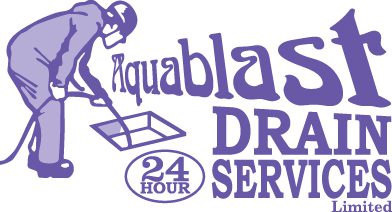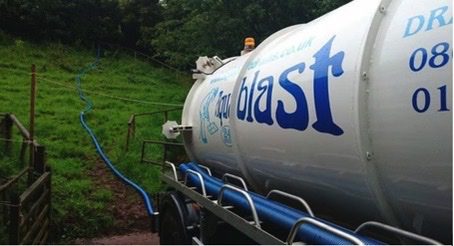
Five things to not put down your drains
Five things to not put down your drains
Clogs are one of the most common drainage problems people face in their homes. The good news is that many clogs can be avoided in the first place by limiting what goes into a home’s drain pipes. To prevent a build up in the drains make sure you never flush or pour these items down the drain again.
1. Q-Tips, Cotton Balls, and Makeup Pads
Anything made with cotton is going to absorb water, rather than break apart when soaked. This is a recipe for disaster in any plumbing situation. Even small items like Q-tips, cotton balls, and makeup applicators and removers can become wedged in the curves of your home’s drain pipes and create an obstruction.
2. Mortar, Grease, Adhesives, and Other DIY and Craft Supplies
Beware of pouring anything down the drain that’s supposed to harden or stick as it dries. The sink or bathtub might seem like a convenient place to rinse away the last bit of Gorilla Glue from your latest home improvement project—however, once the adhesive forms a solid blockage in your pipes, any money you saved by doing DIY work will go straight toward calling a plumber to drain.
3. Grease
Grease might seem slippery in the pan, but once it cools off, it solidifies. This makes grease a significant problem in plumbing pipes when homeowners make a habit of pouring it down the sink. Over time, grease builds up on the pipe walls deep down in your home’s drains and sewer line, and it can start to form clogs with other materials trying to pass through.
4. “Flushable” Kitty Litter
Just because a manufacturer claims something is flushable, that doesn’t mean that it’s good for your home’s plumbing. Flushable kitty litter still has clumping properties, which can cause it to settle and harden in your drains. This can create a clog or worsen one that’s already forming.
5. Wet Wipes
Wet wipes, even “flushable” ones, are never a good idea to flush. Wet wipes are designed to hold their shape in moisture. If they weren’t, they wouldn’t survive in their original packaging. Unfortunately, that sturdiness means that wipes won’t break down as quickly as toilet paper in your drain pipes, which makes them more likely to cause a clog.




